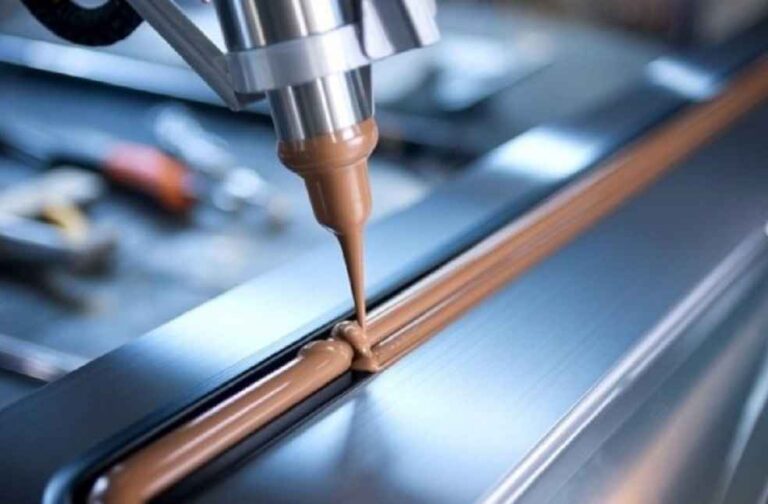LG Chem, the South Korean chemical giant, is expanding its footprint in the global automotive adhesives sector with plans to supply thermally conductive adhesives to North American automakers, positioning this division as a potential multi-million-dollar business.
As demand for electronic components rises, driven by the shift toward electric and autonomous vehicles, the global automotive adhesives market is projected to nearly double from $6.7 billion in 2024 to $13.0 billion by 2030. This growth is fueled by a need for lighter, eco-friendly materials, essential for next-generation vehicle designs.

LG Chem’s thermally conductive adhesives are key to thermal management, binding battery cells into modules and packs with high thermal conductivity and electrical insulation. LG Chem, holding over 180 patents in this area, has production facilities in Europe and the US and offers tailored adhesive solutions to meet specific industry needs. Additionally, the company focuses on products that reduce costs and weight for automotive clients.
In 2018, LG Chem entered the North American automotive adhesives market by acquiring Uniseal, which has since developed innovative, low-carbon automotive body adhesives free from harmful chemicals. Expanding further, LG Chem is developing adhesives for various vehicle components, including motors, inverters, camera sensors, headlamps, and in-vehicle displays, collaborating closely with both domestic and international companies.

LG Chem CEO Shin Hak-Cheol highlighted the company’s established expertise in electronics materials for displays and semiconductors, stating, “Based on this expertise, we will actively foster the mobility materials business—as we see it as a future growth area—and strengthen our market position.”
UPCOMING | Suzuki, Toyota Strengthen Ties with New BEV SUV Launch in Spring 2025





